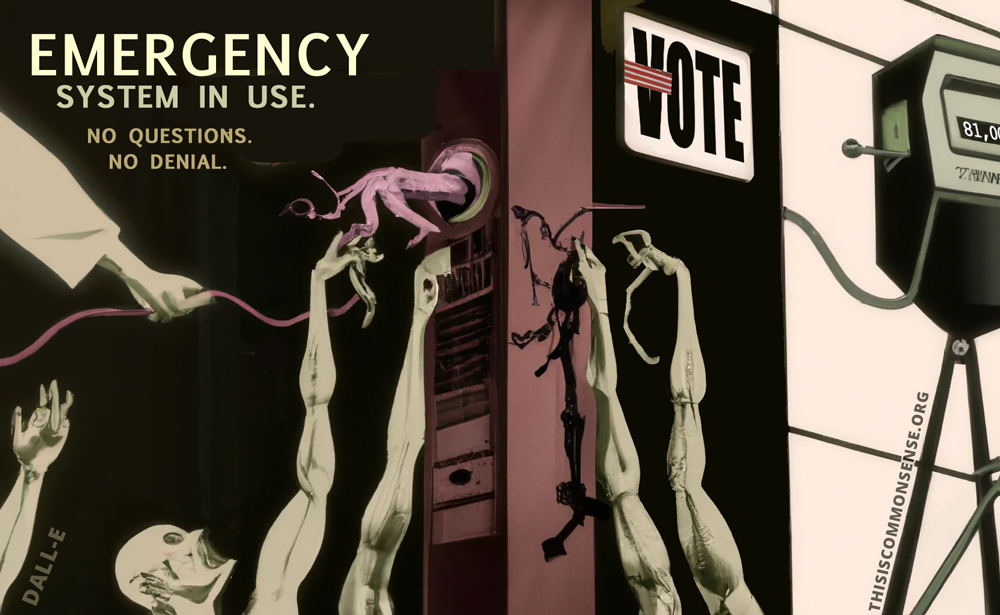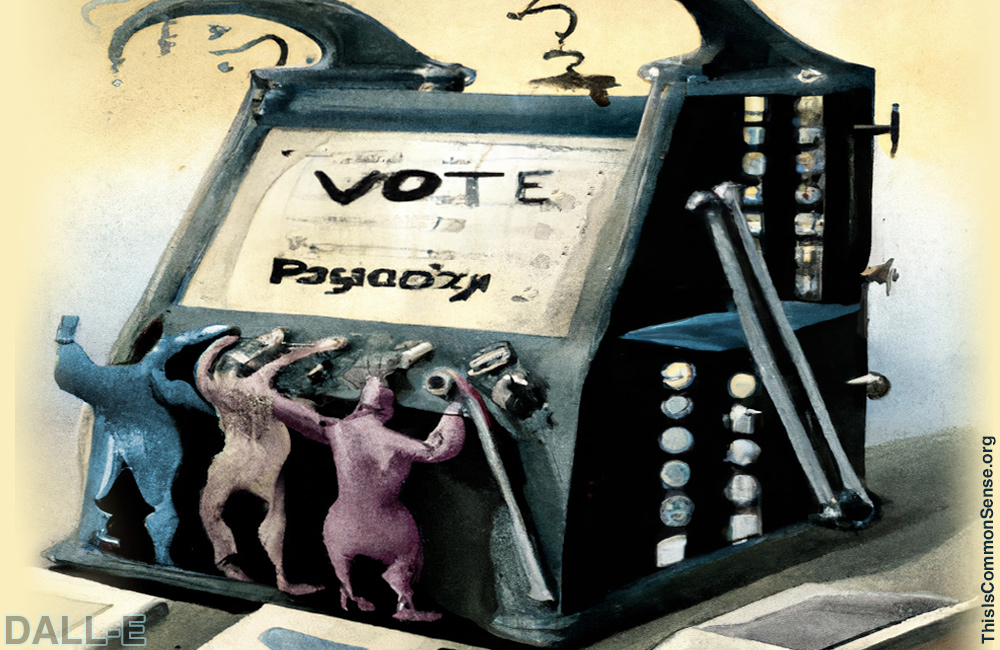It may take three weeks!
The counting of ballots for 2022’s General Election was pretty much wrapped up on election night. In most states. Yet, a week after election day, California election officials have barely counted half the ballots cast in a number of very close congressional districts as well as other state races.
“I anticipate it’s going to take at least a couple of weeks,” offered a Sacramento County Elections spokesperson, “if not three weeks, to process the bulk of the ballots that have come in.”
Why the tortoise pace?
“In short,” KTLA-TV in Los Angeles reports, “it’s a product of the state’s massive population and laws that make it easier and more convenient for every eligible voter to be heard.”
The Big Population argument falls flat. California has more votes to count but likewise more people available to count them. Nor does California have higher voter turnout or rules so different from other states that count much faster.
California law allows ballots to be mailed as late as election day, which does indeed slow the counting. That could of course be tightened up. But it seems the main thing California might do differently is work harder at getting the votes counted. State law only requires that county election offices have folks working six hours a day, with weekends and holidays off.
“We’d rather get it right,” says Secretary of State Alex Padilla (D), “than get it fast.”
Mr. Secretary, the problem is that the longer the election drags on without a winner being declared, the less confidence the public has in the process.
Get it right. And fast.
This is Common Sense. I’m Paul Jacob.
Illustration created with DALL-E
—
See all recent commentary
(simplified and organized)





